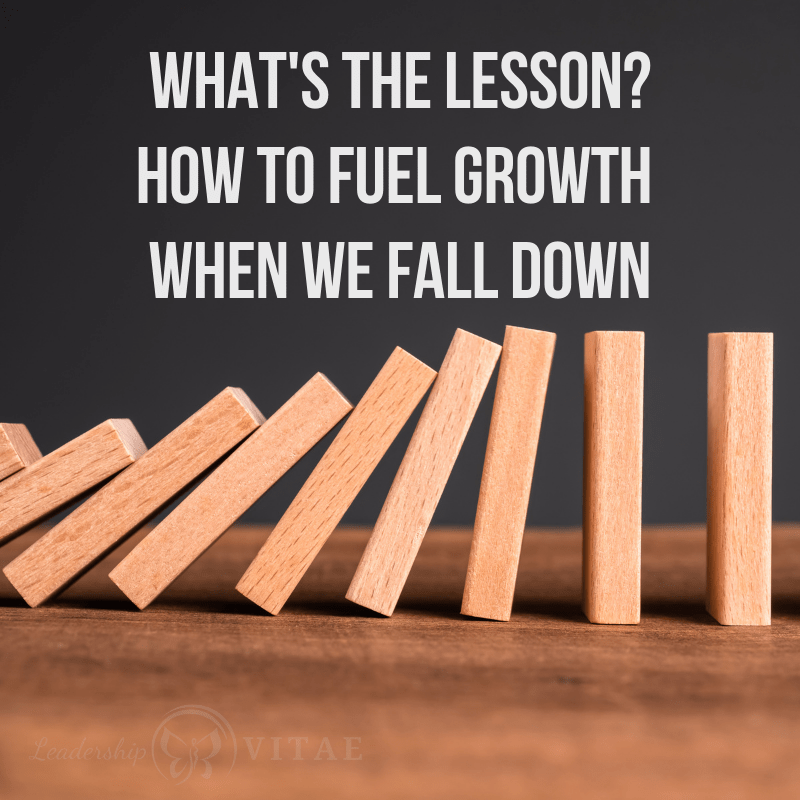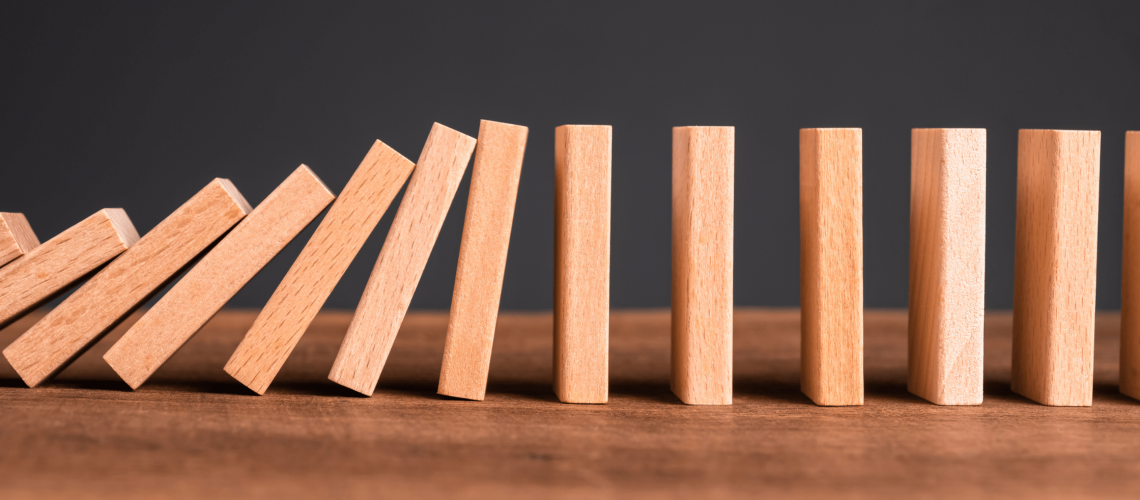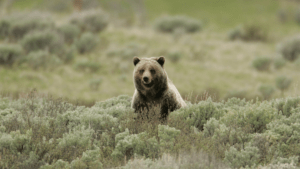
Late last year, I had a rough few days. Felt like I had fallen down and was struggling to get back up. What’s new, right?
I’ve finally learned to reach out for help when I’m struggling, so I contacted one of my girlfriends. During the conversation, I recounted everything that was going on and what led up to it. She had one question:
“What’s the lesson?”
That question forced me to think about what I might have done differently. What was my contribution to where I ended up? Not so that I could beat myself up, but so that I could prevent a repeat performance.
I brought up a few things, but ultimately they weren’t the real lesson. She was able to hear what I wasn’t saying. See what I couldn’t see.
I had put my own needs last. Quieted my voice to smooth things over with others. It wasn’t easy to hear, but it was an important lesson. A hard-learned one.
We all fall down
Ironically, my friend literally fell down a few days later.
She was walking her dog alone, when neighbors approached with their pets. While she preferred to walk alone, she said nothing. They weren’t wearing masks, increasing her discomfort. She still said nothing.
Instead, she moved to shaky ground. She was already recovering from a stress fracture in her foot. The dog went one way, her feet another, and on the ground she landed.
Once I confirmed she was okay, following a trip to urgent care, I had one question. “What’s the lesson?”
She went round and round about what she could have done differently, but didn’t get to the heart of it.
She put her needs last. She quieted her voice so that others would feel more comfortable. Instead of voicing her concerns, she suffered in silence and got hurt in the process.
Sometimes, even when we can see the lesson in someone else’s experience, we struggle to see our own.
Inside-out and outside-in
Retrospectives – assessing the past to identify mistakes or opportunities to make different choices in the future – are a great way to learn. They are frequently used in a professional setting to improve project or organizational outcomes over time.
The best retrospectives include a variety of perspectives. We each come to the table with a different lens and experience. By bringing groups together, we can fill in blind spots, find the gaps, and come to better overall conclusions.
The same is true as individuals.
Growth and improvement can only come through learning, what occasionally can be hard lessons. Yet we each have blind spots. Even with our best intentions, we may not be able to see how we contribute to our struggles. What we could do differently.
Bringing in another perspective can help us find gaps in our thinking, root out the blind spots, and look at a situation from the outside-in. No matter how we try, without help it is difficult to have anything other than an inside-out perspective.
What’s the lesson?
In the case of me and my friend, we both had to learn that our needs and voices matter. That we are not here to shrink ourselves for others, and we matter enough to take up space.
We are both strong, outspoken women. It was difficult for each of us to hear, from someone we trust and love, that we were not honoring ourselves. That we were making ourselves small and quiet, instead of allowing ourselves to be heard and seen.
No matter our personal struggle, there are those around us who have likely experienced something similar. Who can help bring a different perspective, root out the lesson, and find a path forward.
Next time we find ourselves in a tough time, reaching out to trusted friends, colleagues, coaches and mentors can help us find the lesson. One that allows us to learn from it, and ultimately affect positive change on our respective journeys.








